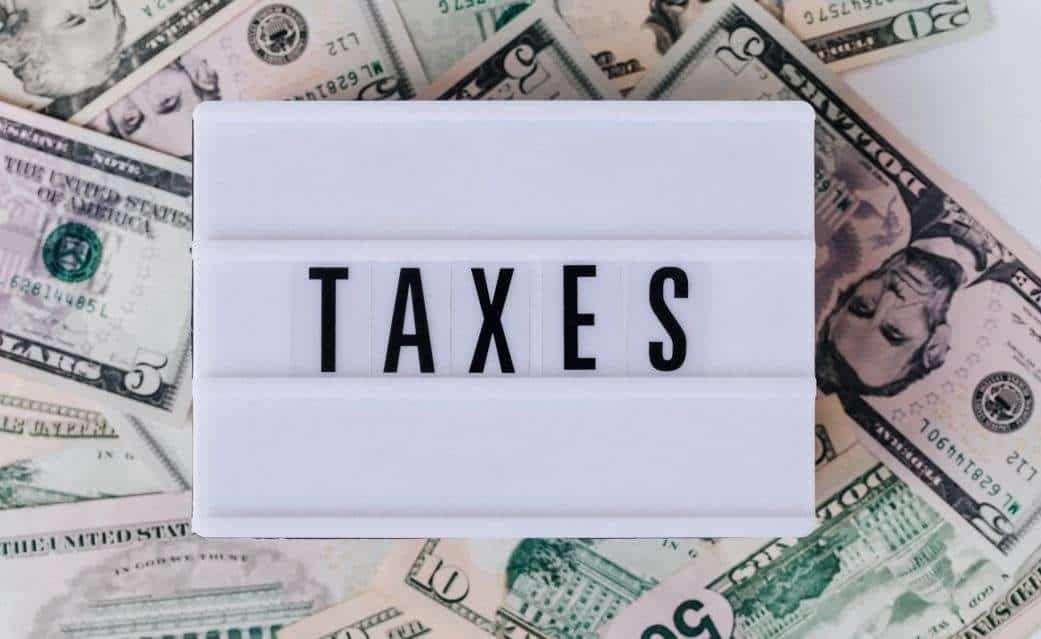What is the Impact Of Covid-19 On Business Taxation?

As the U.S. government continues to implement measures to stabilize the economy amid the pandemic, here is what it may mean for your business’ tax obligation.
Impact of Covid-19 on Business Taxation
On March 17, 2020, business in the United States of America came to a standstill as the government announced a nationwide shutdown, closing schools, workplaces, and any place of trade. During the pandemic, businesses have struggled with income loss and to stay afloat. With the World Bank projecting shrinking prospects for most countries, businesses are now faced with the task of rethinking and adapting to the new way of doing business including remote recruitment, the rise of eCommerce sales, and changes in their tax liabilities.
As a result, the Impact of Covid-19 on Business Taxation has been a New Operating Losses Carryback Period Extended To 5 Years and the Introduction of the Employee Retention Credit.
New Operating Losses Carryback Period Extended To 5 Years
Small businesses can now carry their losses back as far as 5 years prior. This can provide useful relief to businesses in the form of tax rebates or reduced tax obligations (depending on the year). The new rules apply to net operating losses (NOL) in 2018, 2019 and 2020.
60 Percent of Small Business Owners Lost Revenue Because of COVID-19
A recent survey by SHRM showed that 60 percent of small business owners have lost revenue as a result of COVID-19. For 13 percent of them, the magnitude of their revenue loss has been 100 percent of their business income. By allowing them to reduce their past tax payments, the IRS hopes to minimize the impact of trading losses, provide a source of cash and help entrepreneurs focus on their business, not on taxes. As stress and worry rise for small business owners, the IRS, non-profit accounting organizations and accounting firms are now offering tailored advice on the best tax benefits for your business- and what the changes may mean for you.
80 Percent Rule on NOL Paused
Another change has been the pausing of the 80 percent rule on Net Operating Loss. Per the new rules, business no longer has to adhere to offsetting their net operating loss against up to 80 percent of their taxable income before carrying forward the remainder. Instead, businesses can now offset the net operating costs against all of their taxable income in a given year (within the timeframe). The result of this has been increased cash flow as businesses can access tax relief sooner rather than waiting for future tax periods.
What is the Employee Retention Credit?
Coronavirus Aid, Relief, and Economic Security (CARES) Act Introduced Employee Retention Credit (also referred to as payroll tax credit), which aims at giving relief for both businesses and employees. To be eligible for the relief, eligible businesses must have been impacted by the pandemic between March 12, 2020, and January 1, 2021.
Once you can show evidence that your business has been affected by Covid-19 (shutdown during a payroll quarter or loss of 50 percent or more of your business revenue year on year), businesses can access 50 percent of up to $10,000 of each of their employee’s wages including the cost of any healthcare premiums.
The credit is taken against your owed payroll tax credits which means businesses can claim it immediately and reduce their Social Security employer tax liability. Any outstanding credit that is not used is refunded by the IRS in the form of a rebate. There is one small caveat: small businesses who have accessed a small business interruption loan are not eligible for a payroll tax credit. The IRS is also allowing businesses to hold back their tax deposits in a bid to help businesses improve their cash flow.
Delayed filing and payment of payroll taxes
Finally, businesses are also enjoying delayed filing and payment of employer payroll taxes. When the CARES Act came into effect, part of the package allowed employers to delay the payment of their 2020 payroll taxes including the 6.2 percent Social Security paid by employers. If an employer chooses to defer, 50 percent of their payment is now due on 31 December 2021 and the other 50 percent is due on 31 December 2022. Self-employed business owners are also eligible; meaning they can defer 50 percent of their 12. 4 percent Social Security tax liability.
Covid-19 Impact on Business Taxation
It is hoped that this move will lessen the burden on cash-strapped businesses and encourage them to think twice before making employees redundant, especially in a time where unemployment claims are steadily climbing. With these and many more tax changes in the works, the sooner businesses begin to prepare for the changes to their tax obligations, the better prepared they will be for the recovery period.















Leave a Reply